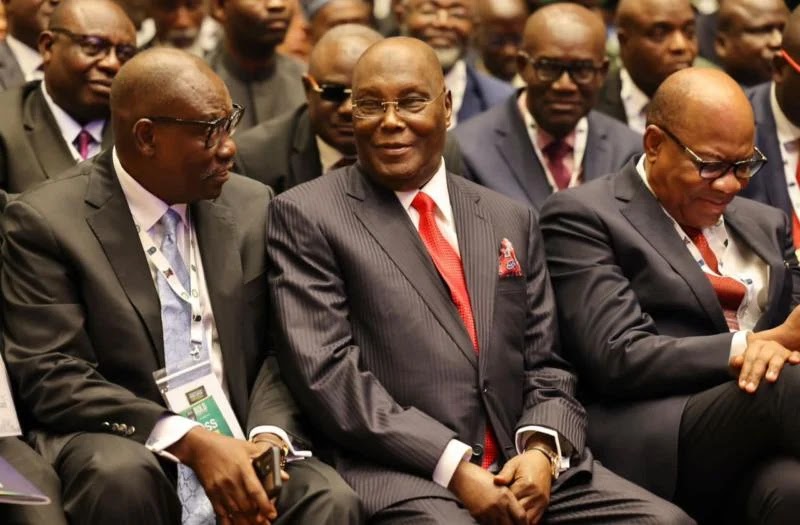Atiku Abubakar, the presidential candidate for the Peoples Democratic Party in the elections of 2023, has declared he will transfer control of federally funded colleges to state governments.
This was said on Monday by the lawmaker from Adamawa, age 75, who was a panellist at the Eko Hotel and Suites in Lagos' opening event for the 2022 Annual General Conference of the Nigerian Bar Association.
This week's conference, with the title "Bold Transitions," got under way. It will last through August 26.
During the panel discussion on Monday, Atiku argued that the Federal Government does not have unlimited resources.
“The only way is to make sure that you make conducive environment available to both foreign and local investors to participate in our country, whether it is infrastructure, whether it is education, whether it is power,” he said.
“I had an argument with a university professor from Federal University, Lokoja. He said he read in my policy document that I intended to devolve, in other words, to return education to the states. How dare do I do that?
“I said, ‘Mr Professor, do you realise that the first set of our universities belong to the regional governments?’ He said, ‘Yes’. I said who are the successors of the regional government? He said the states.
“I said the children you send to America, to England, who own those universities? Mostly the private sector. So, why is it that you think we cannot do it here? We don’t have the money.”
Since February 14, the Academic Staff Union of Universities has been on strike in support of a number of demands, including enhanced welfare, the revitalization of public universities, and academic autonomy.
Since the professors put down their instruments, public tertiary university students have been absent from the classroom.
In 2020, ASUU started a similar nine-month industrial strike.
Even though the ASUU strike is still in effect, numerous politicians and government officials have been photographed abroad at their children's graduations from foreign schools. This development has drawn criticism from human rights activists and many worried Nigerians, who have called it insensitive.



